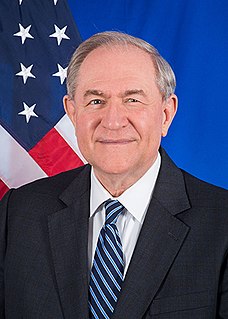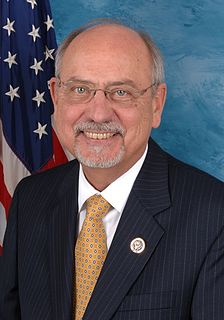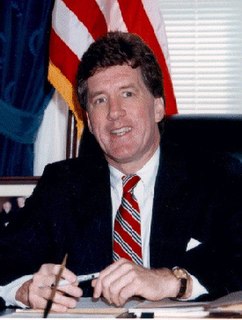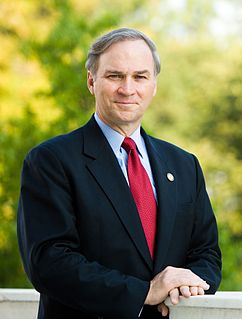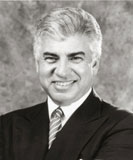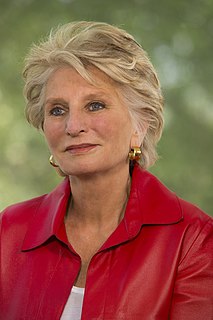A Quote by Jim Gilmore
I was an Army intelligence agent and a veteran during the Cold War, assigned to West Germany. I was the chairman of the National Commission on Homeland Security and Terrorism for the United States for five years. I was a person who has dealt extensively with these homeland security issues. I was a governor during the 9/11 attack.
Related Quotes
Anne Richard, a senior U.S. State Department official, testified at a Senate Homeland Security Committee hearing in November 2015 that any Syrian refugee trying to get into the United States is scrutinized by officials from the National Counterterrorism Center, FBI, Department of Homeland Security, State Department and Pentagon.
ISIL, AQ, now have the ability to literally reach into our homeland through social media, through the Internet, to recruit and inspire. It makes for a more complicated homeland security environment. And so it requires a whole of government approach, not just military and law enforcement, homeland security, aviation security, and the like.
The nature of Homeland Security is that no news is good news. And no news sometimes means somebody got interdicted at the border, somebody got interdicted before they could get on an airplane, somebody was arrested providing material support to terrorism. Homeland Security means very often something you never hear about.
Many of the benefits from keeping terrorism fear levels high are obvious. Private corporations suck up massive amounts of Homeland Security cash as long as that fear persists, while government officials in the National Security and Surveillance State can claim unlimited powers and operate with unlimited secrecy and no accountability.
National security is a really big problem for journalists, because no journalist worth his salt wants to endanger the national security, but the law talks about anyone who endangers the security of the United States is going to go to jail. So, here you are, especially in the Pentagon. Some guy tells you something. He says that's a national security matter. Well, you're supposed to tremble and get scared and it never, almost never means the security of the national government. More likely to mean the security or the personal happiness of the guy who is telling you something.
